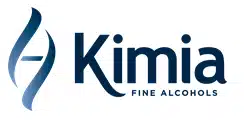The vegan and plant-based food industry has grown so rapidly in recent years that the labelling of these products is still open to the manufacturer’s discretion in many cases. Food Manufacture magazine reports that there is currently no legal definition of what a vegan product is in the UK.
To prevent consumers from being given potentially misleading information, the article suggests that the labelling of such products needs to be clarified. Vegan and meat-free foods have swiftly risen from a niche product to the mainstream, with all the major supermarkets, and brands such as Nestlé and Cadburys, offering their own ranges.
Vegan and plant-based are terms that are sometimes used interchangeably, but they have different meanings. Vegan refers an individual who doesn’t eat any meat or dairy products, or use or eat anything that has been extracted from animals. Plant-based refers to diets based on legumes, fruits, vegetables, and nuts.
While there is obviously some crossover between the two, there may be differences when it comes to the labelling of such products. For example, they may contain soy, or genetically modified elements which goes against the ethical principles of the consumer.
The Food Information Regulation covers the EU and the UK and has made allowances for new definitions in this fast-moving sector. Food Navigator reported last year that using any meat-related terminology to describe plant-based products may be outlawed in the UK. For example, meat-free sausages, or veggie burgers, may be deemed misleading terms.
Purely plant-based products cannot use dairy names under EU law, such as milk, butter, cheese, and so on. The problem is not so much with the vegan or plant-based industry, as with the meat and dairy industry. They argue that the consumer may be deceived into thinking that the products contained the equivalent nutritional value of real meat or dairy.
If you need organic grain alcohol, explore our website today.










